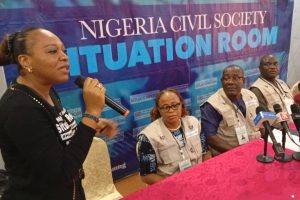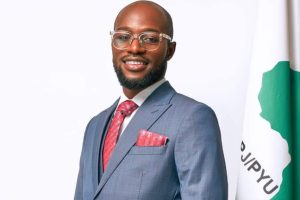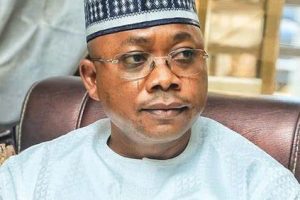Abuja, Nigeria –
A powerful call for unity and social cohesion to address the myriad challenges facing Northern Nigeria dominated discussions at the 3rd Plenary Session of the Northern Political Consultative Group, held today at the Abuja Continental Hotel.
Former President of the Senate, Senator David Mark, delivered a sobering keynote address, urging a collective re-evaluation of the region’s trajectory and a decisive move away from divisive politics.
Senator Mark, painted a stark picture of a region grappling with insecurity, pervasive poverty, and deep-seated ethnic and religious tensions. He lamented the current state of affairs, where “banditry, terrorism, insurgency, and communal clashes have turned our villages into battlegrounds, displacing millions and crippling our economy.” Despite its vast resources, he noted, the North “remains the poorest region in the country, with alarming rates of illiteracy, unemployment, and poor infrastructure.” Crucially, Senator Mark placed the onus squarely on the region’s inhabitants, stating, “We must first admit that we are the architects of our problems; we must stop the blame game if we truly and genuinely want to find a lasting solution.” He asserted that division had stymied progress, while indifference and inaction had only deepened existing rifts.The Allure of “One North, One People” and the ADC’s VisionA significant portion of Senator Mark’s address harked back to what he described as a “golden era” under the leadership of Sir Ahmadu Bello, the Sardauna of Sokoto, when the old Northern Region reportedly thrived on principles of equity and justice. “The Sardauna did not see Hausa, Fulani, Kanuri, Igala, Tiv, Idoma, Nupe, Okun and others. The only citizens he saw were Northerners,” Mark recalled with evident nostalgia, posing the question: “When did tribalism and religious bigotry begin to define our essence and identity?” In a key political overtone, Senator Mark pointed to the African Democratic Congress (ADC) as a potential vehicle for this renewed unity, particularly in the context of recent elections. He criticised the “destructive weaponisation of ethnicity and religion” witnessed in the last polls, stating, “This is where the African Democratic Congress (ADC) will make the difference. For us, politics is about service and not manipulation.” This statement clearly positions the ADC as a party aiming to transcend existing ethnic and religious divides, offering itself as a unifying force, particularly within the northern political landscape.
A Path to Healing
To rebuild unity, Senator Mark stressed the need for leaders and citizens alike to become “bridge-builders, not dividers.”
He highlighted the “perception of marginalisation” as a major cause of division, advocating for fairness in appointments, resource allocation, and opportunities to foster peace.
Education, he argued, is critical in combating ignorance and promoting diversity. He called for schools, churches, and mosques to preach tolerance, and for media to promote stories of cooperation.
Furthermore, he linked poverty directly to desperation and violence, suggesting that job creation, agricultural support, and youth empowerment are essential in addressing instability.
Senator Mark concluded with a powerful call to action, urging leaders to “reject hate speech and divisive politics,” “invest in unifying projects—education, healthcare and infrastructure,” and “hold each other accountable.” He implored attendees to “shake hands across the divide and restore our bond of brotherhood,” expressing confidence that such actions could transform the region into a “powerhouse of not just peace and social cohesion but also of economic progress, human ingenuity and compassion.”




Add Comment